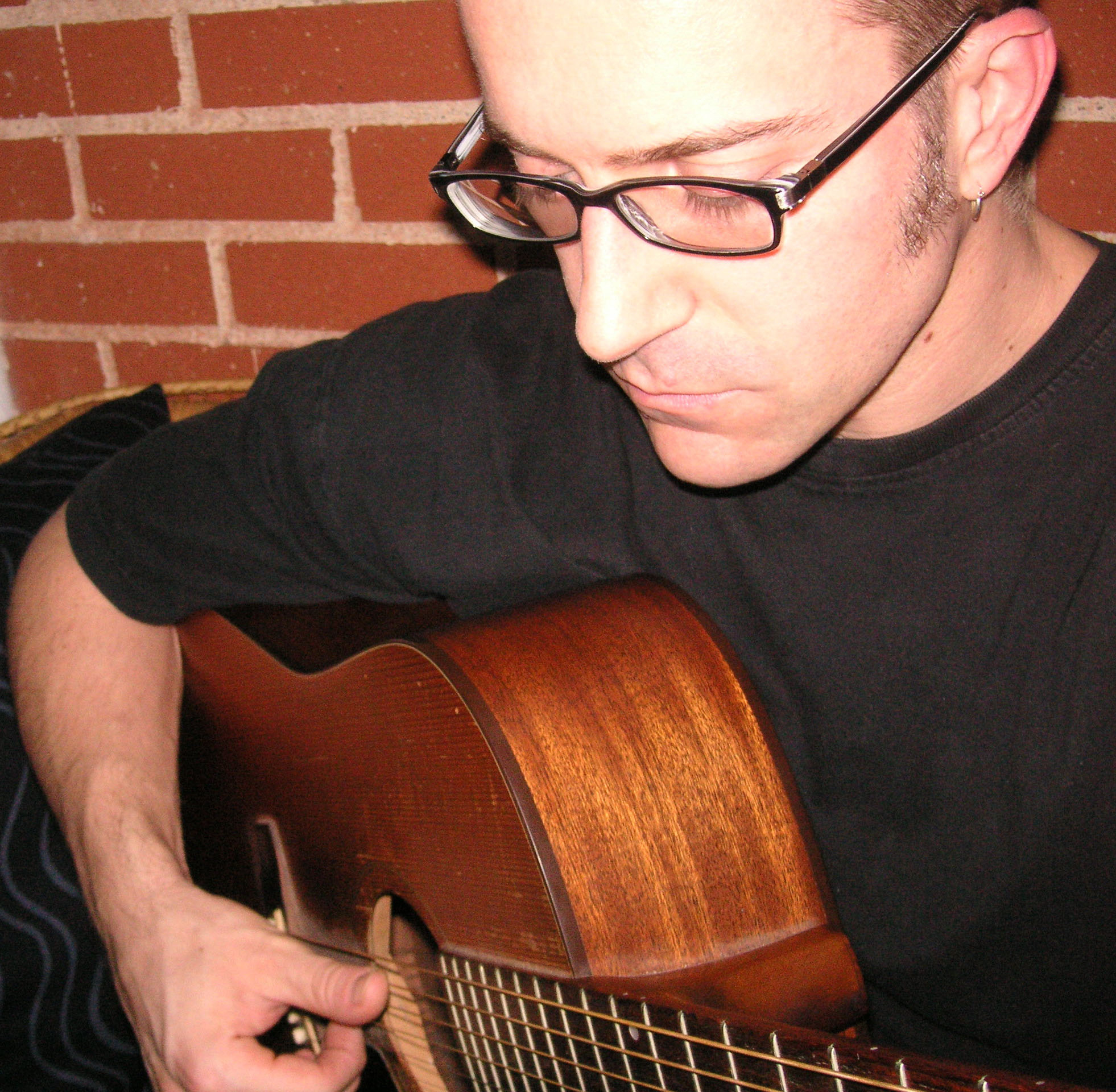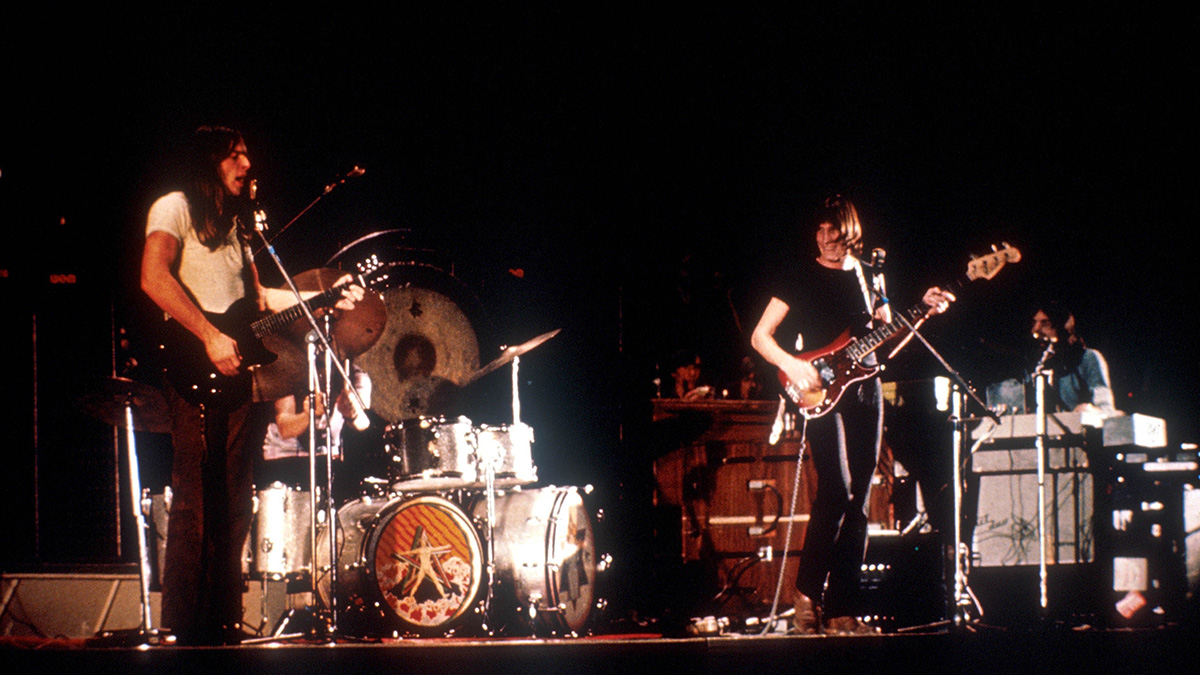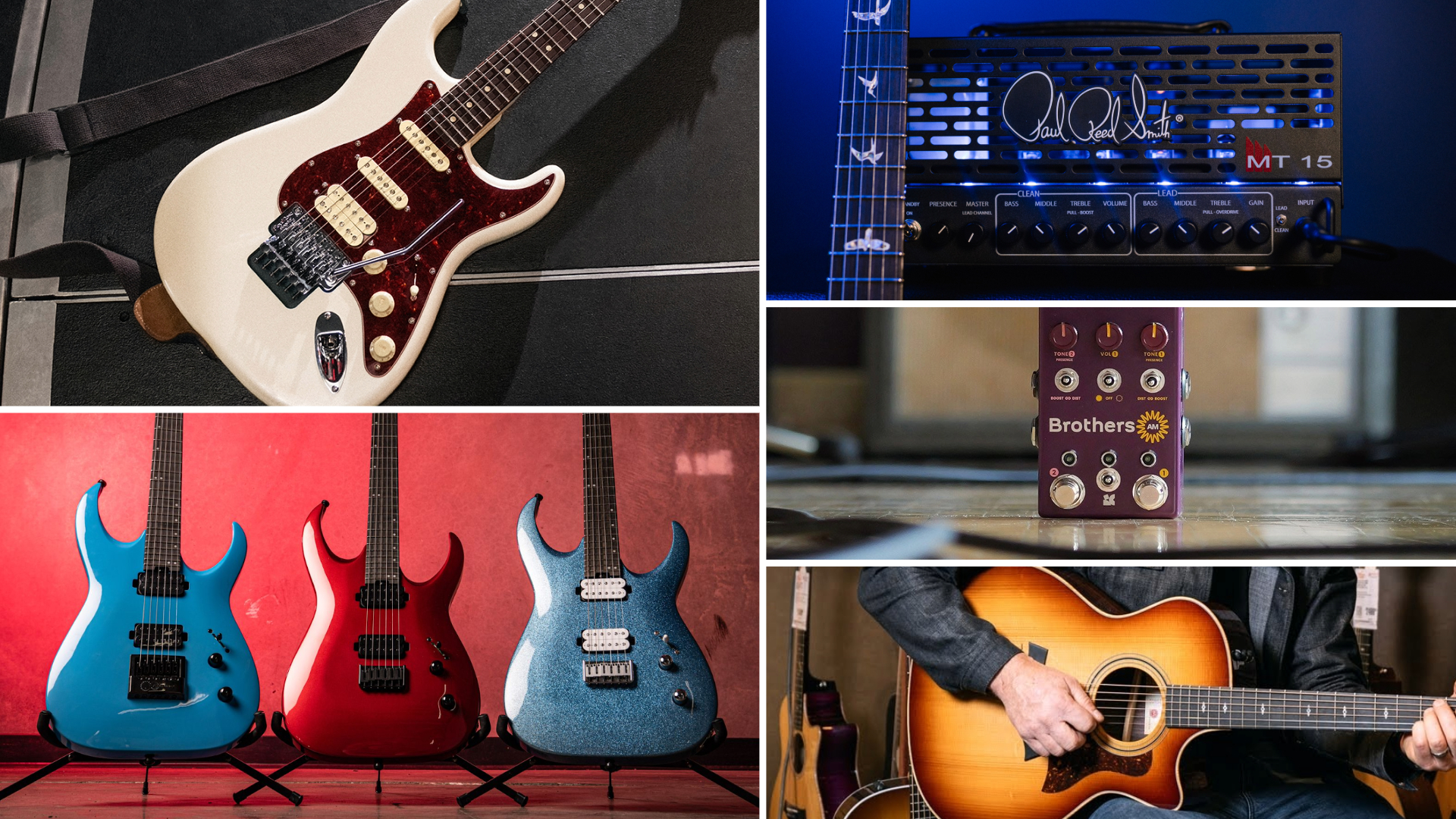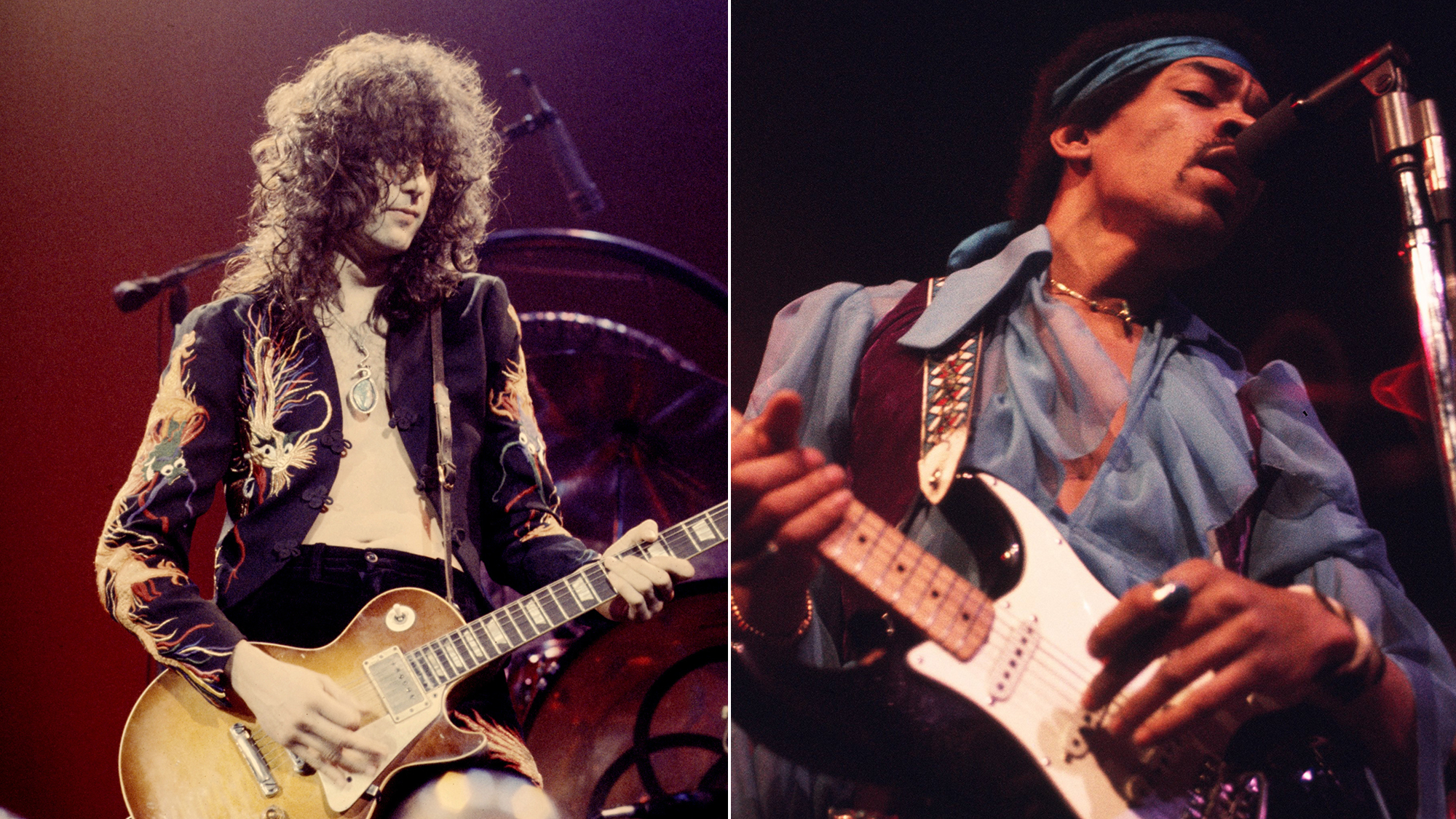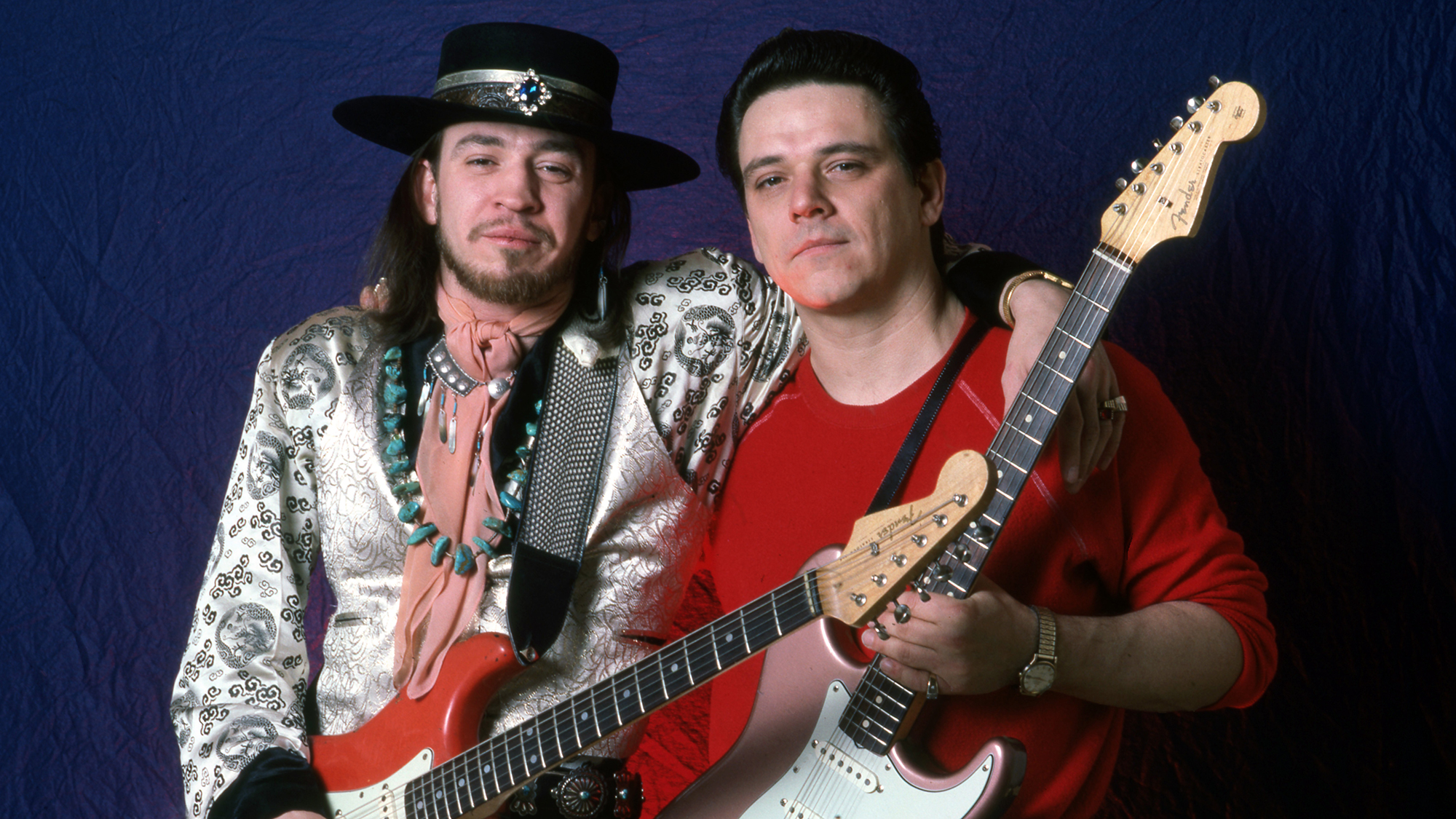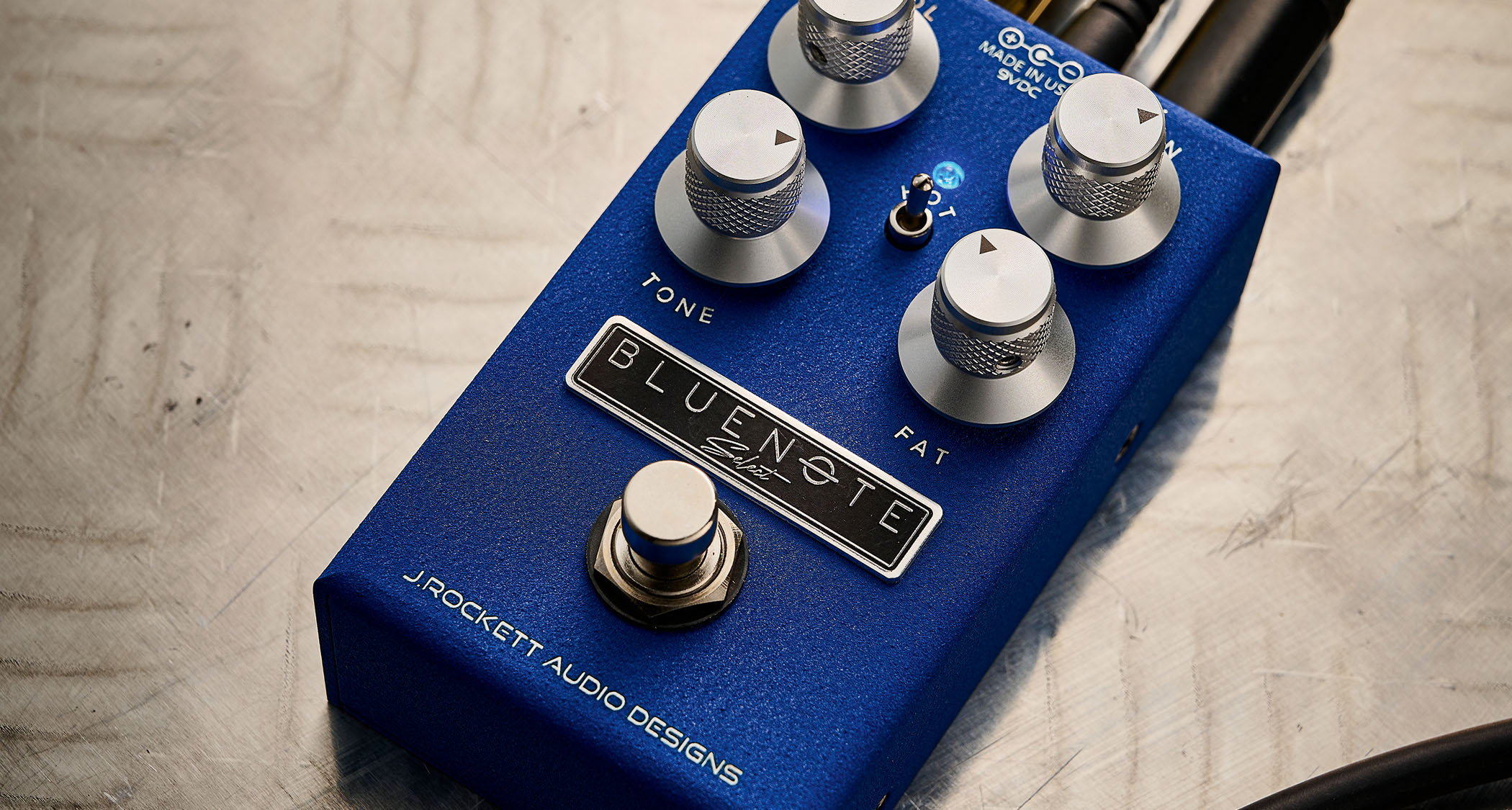Acoustic Nation with Dale Turner: The "Folk Baroque" Stylings of John Renbourn
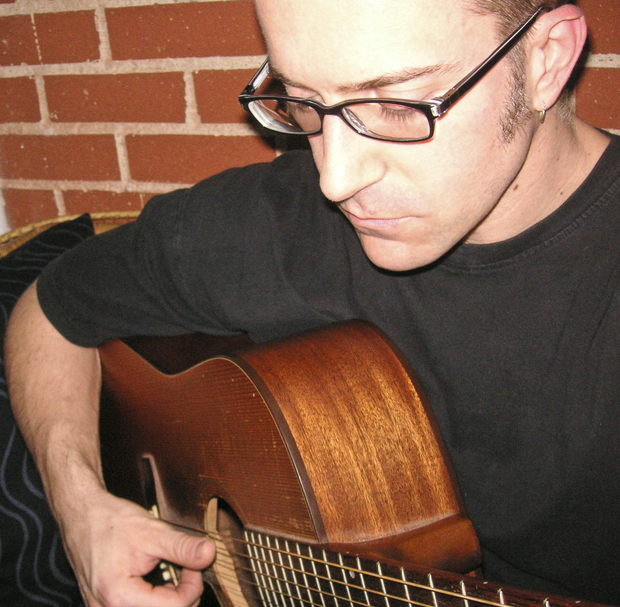
On March 26, 2015, the guitar community lost a legend: progressive folk master and founding member of Pentangle, John Renbourn, a picker who literally did what he loved—playing and teaching—up until the end. (When Renbourn didn’t appear at a concert in Glasgow, Scotland, police checked his nearby home, where he was found deceased from an apparent heart attack.)
With a steady stream of albums issued since 1965, Renbourn is among the first of the influential English fingerstyle “folk baroque” heavyweights (a list which includes Davey Graham, Bert Jansch and Martin Carthy); he had a profound impact on pickers in the U.K.—everyone from Jimmy Page and Richard Thompson to Nick Drake and John Martyn—and abroad (Jorma Kaukonen, Jerry Garcia, Pierre Bensusan and many others).
A fan of music beyond “folk,” Renbourn incorporated classical (in the mid Eighties, he studied composition and orchestration at Dartington Collage of Arts), jazz, blues and “early” music (Medieval, Elizabethan and other eras) into his overall artistic vision. He also played a key role in exposing the Renaissance music of John Dowland to the masses in the late Sixties. Let’s pay our respects to Renbourn with a retrospective look at his influential solo output.
In 1965, around the time he issued his self-titled solo debut, Renbourn met Bert Jansch at a London club. The two became roommates and began playing duo renditions of traditional and contemporary folk songs with an emphasis on counterpoint (creative musical interplay between two or more single-note “voices”). The results are documented in 1966’s Bert and John album, marking the birth of “folk baroque.”
In 1967, Renbourn’s Another Monday hit the streets, an LP containing the bluesy fan favorite “Buffalo,” which informs FIGURE 1. That same year, Renbourn and Jansch made a full-time “band” commitment, forming the seminal “folk-jazz” group Pentangle, a collaboration that continued until 1973.
When Pentangle disbanded, Renbourn prioritized his solo career and released The Hermit, a record ripe with intricate cuts like “Faro’s Rag,” not unlike FIGURE 2, the latest challenge for Renbourn’s hardcore “picking” fan base (the album art even included guitar transcriptions).
Interestingly, Renbourn’s revitalized direction was a direct reaction to having been in a band for several years; after Pentangle, the guitarist realized he’d become a bit out of touch with developments on the solo acoustic guitar scene and felt compelled to contribute in impressive fashion. This pursuit continued throughout the decade, evidenced in 1979’s The Black Balloon title track, a feast of pianistic voicings and strategically placed natural harmonics, like those in FIGURE 3.
Get The Pick Newsletter
All the latest guitar news, interviews, lessons, reviews, deals and more, direct to your inbox!
In his later years, which included Pentangle reunions, as well as collaborations with Stefan Grossman and Wizz Jones, Renbourn would conjure more impressionistic sounds from his ax, which were chiefly facilitated by his use of unorthodox tunings, such as open G minor, used in the Celtic-flavored title track to The Nine Maidens, which informs FIGURE 4. This tuning is somewhat similar to the D A D G Bb E tuning Renbourn used in the title track to his final album, 2011’s Palermo Snow, akin to FIGURE 5.
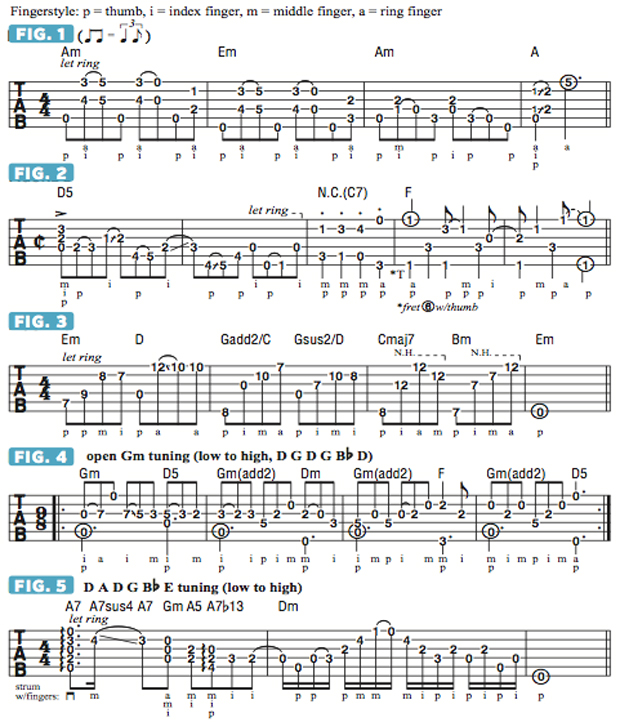
A singer-songwriter/multi-instrumentalist/film composer, Musician's Institute instructor, and author of 50+ transcription/instructional books, Dale Turner is also Guitar World's "Hole Notes"/"Acoustic Nation" columnist, and the former West Coast Editor of Guitar One magazine. Some of Dale’s old, weird, rare, and/or exotic instruments are featured in his score for WEEDS, the first animated short completed within the Filmmakers Co-op at Disney Feature Animation. His most recent CD, Mannerisms Magnified, was praised by Guitar Player magazine for its "Smart pop tunes that are crammed with interesting guitar parts and tones ... Like what the Beach Boys might do if they were on an acid trip that was on the verge of getting out of control. Yeah!"
